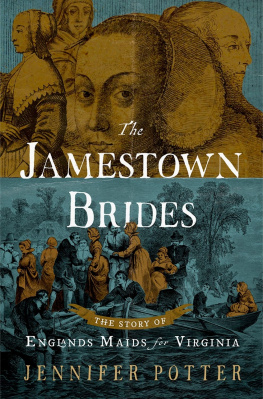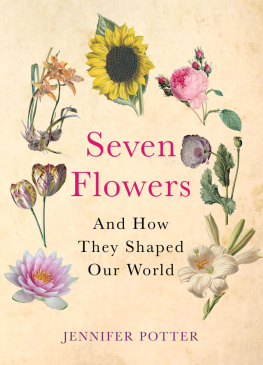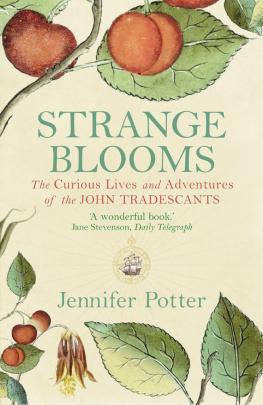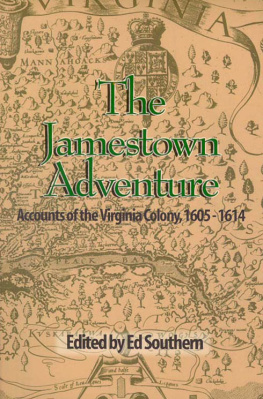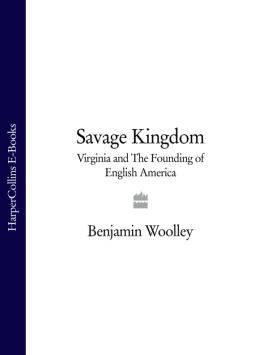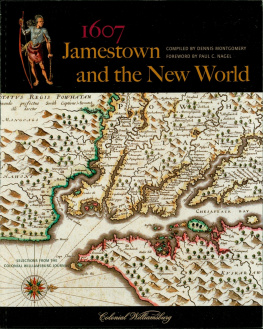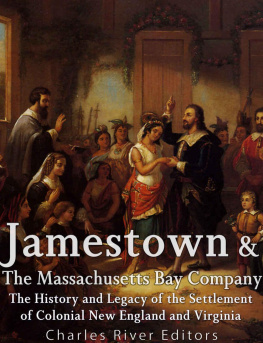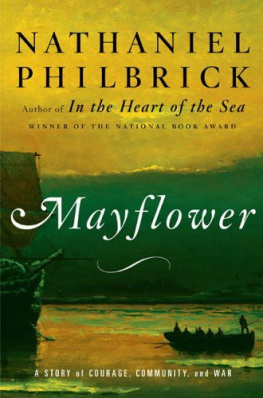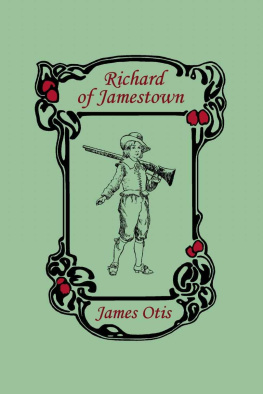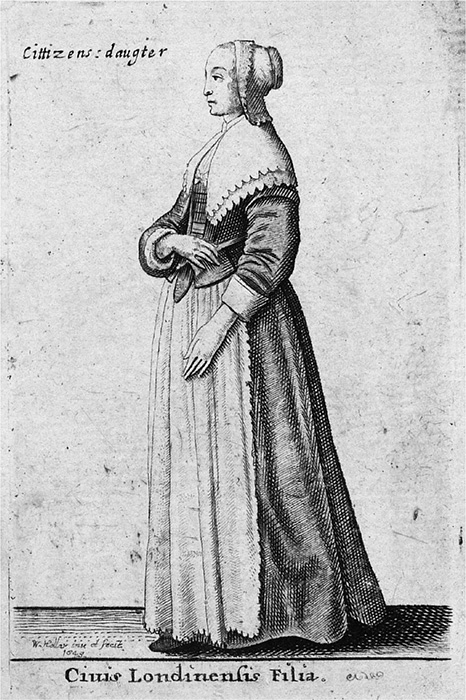
In the late summer and early autumn of 1621, a succession of ships set sail from England bound for Jamestown, Virginia. On board were fifty-six young women of certified good character and proven skills, hand-picked by the Virginia Company of London to make wives for the planters of its fledgling colony. The oldest was twenty-eight (or so she claimed) and the youngest barely sixteen. All were reputedly young, handsome and honestly brought up, unlike the prostitutes and vagrant children swept off the streets of London in previous years and transported to the colony as cheap labour.
The Virginia Companys aim in shipping the women to Virginia was that of money men everywhere: to generate a profit by bringing merchantable goods to market. Since King James had abruptly suspended the Virginia lotteries on which the colony depended for funds, the companys coffers were bare. Importing would-be brides was one of four moneymaking schemes designed to keep the company afloat, and its leaders in London hoped to ensure the colonys long-term viability by rooting the unruly settlers to the land with ties of family and children. While the women travelled of their own free will, the company had set a bride price of 150lbs of tobacco for each woman sold into marriage, which represented a healthy return for individual investors. These were businessmen, after all, doing what they did best: making money.
But the women what did they want from the enterprise? Why did they agree to venture across the seas to a wild and heathen land where life was hard and mortality rates were catastrophic? Had anyone whispered a word to them about the dangers they faced, or warned them how slim their chances of survival really were?
The Jamestown Brides sets out to tell the womens story: who they were, what sort of lives they led before falling into the Virginia Companys net, the hopes and fears that propelled them across the Atlantic, and what happened to them when they reached their journeys end. I have stuck as doggedly as I am able to what the evidence tells us, but the record is worn as thin as a vagrants coat, requiring a bold leap of the imagination to appreciate from the inside the shock of transitioning from one life to another, made all the harder by the four centuries that separate then from now.
Considered a mere footnote to Virginias colonial history, the story of the maids for Virginia first came to me in Colonial Williamsburgs John D. Rockefeller Jr. Library, where I was researching Strange Blooms, a dual biography of John Tradescant and his son (also called John), gardeners to the Stuart kings and early collectors of plants and curiosities. Distracted by guides in eighteenth-century costume who were visiting the library to check their facts or simply to escape the tourists, I chanced across David Ransomes scholarly article, Wives for Virginia, 1621. The story of these women shipped thousands of miles across the Atlantic to procure husbands has stayed with me ever since for reasons that are only partly personal. Then soon to be divorced myself, I could also be said to be looking for a husband, but how far would I travel to find one? (Answer: not far enough to find one.) Beyond that, I wondered what combination of faith, hope, courage, curiosity or just plain desperation might encourage me or anyone else at any time to journey into the unknown.
The starting point for my researches was a series of remarkable lists that survive at Magdalene College, Cambridge, among the papers of Nicholas Ferrar, a London merchant closely involved with the Virginia Company who would later retreat with his extended family to found an informal Anglican community at Little Gidding in the historic county of Huntingdonshire. Intended as a kind of sales catalogue for prospective husbands, the lists record the womens personal histories: name, age, marital status, birthplace, parentage, fathers occupation, domestic skills, guarantors and testimonials from their elders and betters. Dry as they are, lists such as these quickly come alive as you make connections, chase after hares, interrogate possibilities, scramble into and out of dead ends like the Kremlinologists identified by the Virginian historian Cary Carson decoders of elusive clues from the few surviving scraps of evidence, much of it buried underground.

